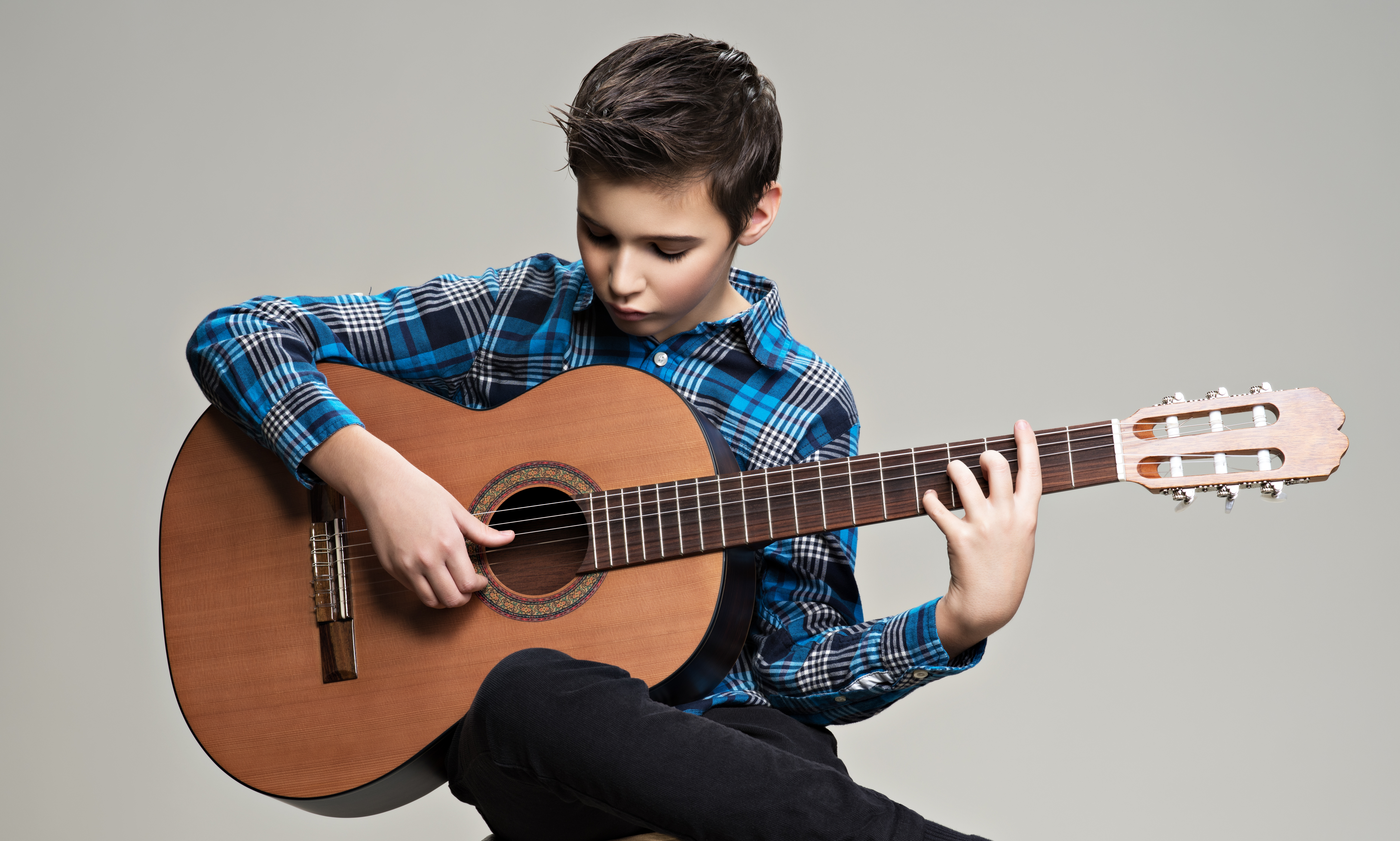The current goal of our research group is to uncover the underlying processes behind reading difficulties, as well as to refine and compare the music training methods developed in our previous research with other rhythmic-movement training programs, and to investigate the cognitive abilities that change during musical training. Based on our previous results, there is a close relationship between children’s motor-rhythmic abilities and their reading acquisition, which is why we have developed methods that build on these abilities. Another important consideration is to create simple, playful diagnostic procedures that require little effort from children and allow for the timely identification of reading difficulties or can indicate the likelihood of their development.
The first developmental program, specific music training, aims to enhance rhythmic abilities and musical hearing using percussion instruments, children’s songs, and imitation tasks. Our second training program, the generic music training within a folk dance framework, is organized by the Hungarian Heritage House, focusing on the rhythmic-movement development of children, based on live music folk dance education, nursery rhymes, and rhythmic tasks.
In our study, after consulting with school principals and teachers, we will select students in grades 3-4 who struggle with reading difficulties. We will inform both parents and children about every aspect of the investigation. Initially, we will assess the subjects’ reading and musical abilities through simple computer-based and paper tests, which do not require more effort from the children than school tasks. Additionally, we will record their oral reading to measure prosodic indicators. Data collection will always be conducted by a professional. The selected participants will take part in one of the aforementioned developmental training sessions. The training sessions will take place over four months, after which we will reassess the children’s reading abilities, comparing their states before and after the training to measure the extent of their progress. The educational institutions will provide the venues for conducting the music development programs after school hours.




